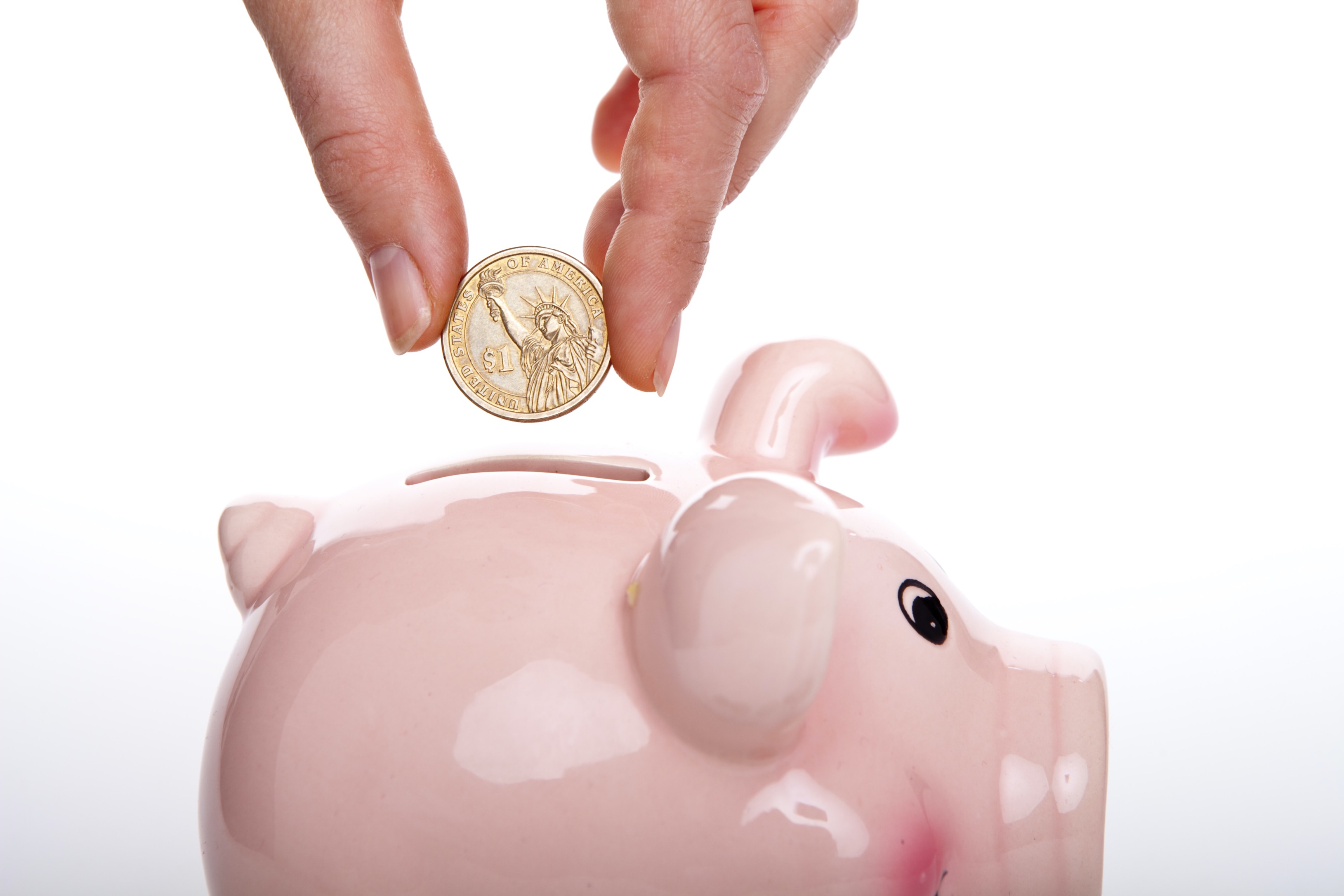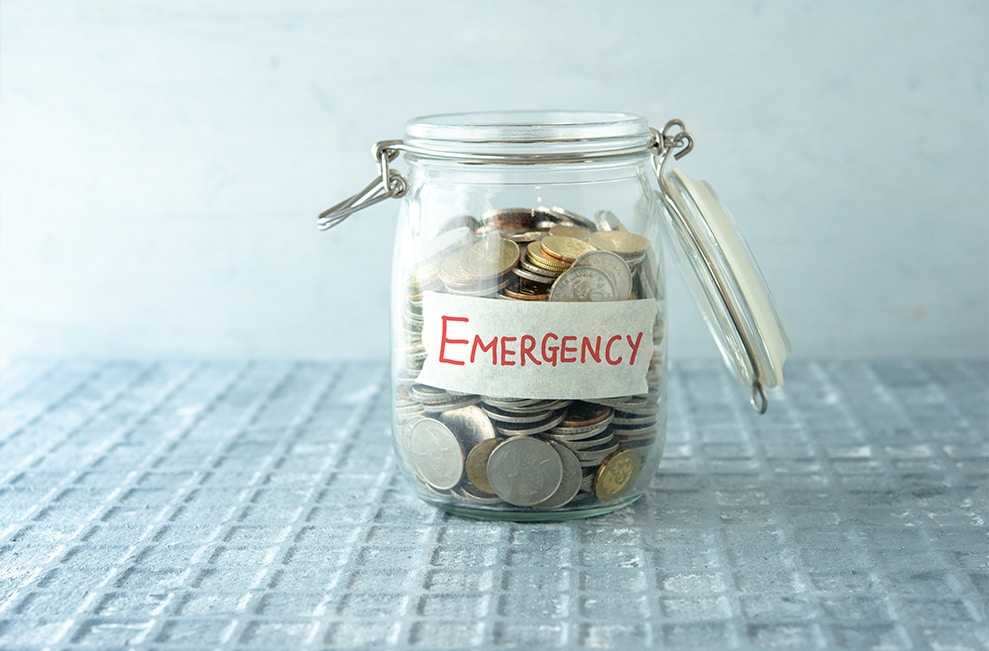You Have Enough To Pay Off Your Home Loan Early; But Should You?
September 1, 2020

It is a miracle! For years you’ve slogged away at your home loan, thinking you were never going to get it paid. Then lo and behold, long before even your 55th birthday, you check the mortgage and realise: hey, you can repay the outstanding home loan right now if you want.
And the quicker you repay the loan, the less interest you pay, right? But make a few phone calls, and you’ll probably meet at least one mortgage broker who wags his finger and tells you to reconsider. As it turns out, the issue of whether to repay your home loan early is more complicated than it seems.
This is one of those situations where, sometimes, it can even be less financially prudent to pay off the outstanding loan early. Here’s what to consider before you go ahead:
So many readers write in because they're unsure what to do next, and don't know who to trust.
If this sounds familiar, we offer structured 1-to-1 consultations where we walk through your finances, goals, and market options objectively.
No obligation. Just clarity.
Learn more here.
Why isn’t it always better to pay off the home loan early?
- Locking up the cash in your property is dangerous if you lack savings
- Given the low interest rate, you might be better off investing the money elsewhere
- You have higher interest-rate debts that you should clear first
- Your mortgage can be insured anyway
- It’s not always free to redeem your home loan early
1. Locking up the cash in your property is dangerous if you lack savings

Here’s a typical scenario where early repayment could be dangerous:
Say you owe an outstanding $300,000 on your home loan for your flat, and have little else in the way of cash. By some windfall, you end up getting $300,000 by way of inheritance, winning the lottery, etc.
You decide to use all $300,000 to pay off the flat loan, because that means no more interest repayments.
Great, but now what happens in an emergency such as retrenchment, or high medical bills?
You can’t “undo” the payment you’ve already made for your flat. At the same time, you can’t pay your medical bills or day-to-day expenses with your flat; bill collectors don’t care that you have no outstanding home loan.
This can result in some undesirable alternatives, such as having to downgrade the flat, rent out rooms, or use other forms of credit. And once you resort to methods such as personal loans, you would have cemented a bad decision: your HDB loan interest rate would only be 2.6 per cent per annum, and a private bank home loan is currently around 1.3 per cent. Both are cheaper than unsecured bank loans, which range from six to nine per cent per annum.
As such, it’s usually inadvisable to rush home loan repayment, unless you would still have sufficient savings afterward*.
*This is often defined as six months worth of expenses, but consult a qualified professional with regard to your personal finances.
Private property owners, however, have an option that HDB owners don’t have in these situations
Let’s say you rushed to pay off a private property, instead of your flat. If you run out of cash afterward, you have one option that HDB owners don’t.
You can maybe get cash-out refinancing: this is a bank loan that uses your home as collateral. You might be able to borrow up to 80 per cent of the value of your home (subject to the bank’s approval), at fairly low interest rates – often as low as 1.3 to 1.6 per cent per annum.
However, this does mean you’re back to square one, as you once again have a big property loan to pay (or the bank will foreclose). Also, there’s no guarantee that a bank will grant you such a loan, as you still need to meet parameters like age limits, the Total Debt Servicing Ratio (TDSR), creditworthiness, and others.
(If for some reason you need cash-out refinancing, contact us on Facebook, and we can help you through it. No guarantees though!)
Regardless, even if you have a private property, avoid rushing your home loan repayment if it would leave you too cash-strapped.
2. Given the low interest rate, you might be better off investing the money elsewhere

At present, home loan rates in Singapore are only at 1.3 per cent. This is likely to persist till 2022, given the US commitment to keeping interest rates low.
Financially savvy homeowners – such as those who know how to trade and invest – should take this into consideration before paying off their whole loan. Consider, for example, if you have an outstanding $300,000, with an interest rate of just 1.3 per cent.
Rather than lock up all $300,000 in your property, could you invest it in a way that beats the home loan’s 1.3 per cent interest rate? We won’t be recommending any investment products here as we’re not financial advisors; but we’re confident that most financial professionals can give you a slew of better ways to use the money.
Even without active investing, some homeowners might realise they can beat the home loan just by letting their CPF accumulate (2.5 per cent in the Ordinary Account, and four per cent in the Special Account). So why would they rush repayment and lose liquidity?
3. You have higher interest-rate debts that you should clear first
If you have spare cash, always prioritise other debts over your home loan (e.g. credit card loans accrue at around 26 per cent per annum).
You should never pay off the home loan first, as it’s the debt with the lowest interest.

Property Market CommentaryHDB vs. SIBOR vs. Fixed Deposit: Which Home Loan is Best Right Now?
by Ryan J. Ong4. Your mortgage can be insured anyway
One of the concerns among homeowners is that, if they pass on, their family will be saddled with the outstanding home loan. As such, they want to pay off the home loan as soon as possible.
But HDB owners already pay for mandatory mortgage insurance, in the form of the Home Protection Scheme (HPS). The HPS will pay off your outstanding flat loan, if you pass away or suffer a Total Permanent Disability.
Private homeowners can purchase a Mortgage Reducing Term Assurance (MRTA), which if you haven’t you should do right away. The MRTA will also pay off your outstanding home loan, in the event of death or permanent disability.
You don’t need to rush home loan repayment out of fear for this situation, just insure your mortgage.
5. It’s not always free to redeem your home loan early
Do read the terms and conditions of your home loan with care. Some loans impose a prepayment penalty – often in the first three to five years – if you try to pay off the loan early. This is typically 1.5 per cent of the outstanding loan amount.
It’s usually a waste of money; you’d be better off waiting for the period to end, before paying off the rest of your loan.
This isn’t an issue with HDB loans though, which never come with prepayment penalties.
When is it better to pay off your home loan early?
- You want to purchase another property
- The interest rates are high
- Credit reasons
1. You want to purchase another property
Your outstanding home loans affect the maximum loan quantum you can get, on subsequent property purchases.
| Number of outstanding home loans | Maximum financing possible | Minimum down payment that must be made in cash |
| 0 | 75% | 5% |
| 1 | 45% | 25% |
| 2+ | 35% | 25% |
Note that financing may be lowered even further, in the event of poor credit score, exceeding age limits or loan tenures, etc.
The cash outlay may be too large to be viable, if you don’t settle your existing home loan first.
2. The interest rates are high
Home loan interest rates in Singapore were once much higher; around 3.7 to four per cent was a norm.

It is only a series of unusual events – starting from the Global Financial Crisis in 2008 to the Covid-19 situation today – that have kept interest rates at two per cent or below for over a decade.
Someday, however, will come the time when interest rates rise again. That may be many years from now; but when it does, it will be time to consider if early repayment is better given the higher interest.
3. Credit reasons
This may matter for non-property related reasons, such as if you’re a business owner and need to secure working capital loans. Paying off your home loan can improve your creditworthiness, as it’s one of the most substantial long-term debts.
As you can see, it’s not a clear-cut “right or wrong” answer.
This decision really depends on the state of your personal finances, and your near to mid-term goals (e.g. you want to buy another property). However, it’s not as clear-cut as “early repayment = always good”.
If you follow personal finance websites in other countries, bear in mind that their home loans market can be quite different from Singapore. In many other countries, for instance, home loans tend to have a much higher interest rate than ours, and may involve much lower amounts.
Contact us if you’re not sure, and we can get an expert to review your situation. In the meantime, you can find out the latest news, updates, and property investment strategies on Stacked.
At Stacked, we like to look beyond the headlines and surface-level numbers, and focus on how things play out in the real world.
If you’d like to discuss how this applies to your own circumstances, you can reach out for a one-to-one consultation here.
And if you simply have a question or want to share a thought, feel free to write to us at stories@stackedhomes.com — we read every message.
Ryan J. Ong
A seasoned content strategist with over 17 years in the real estate and financial journalism sectors, Ryan has built a reputation for transforming complex industry jargon into accessible knowledge. With a track record of writing and editing for leading financial platforms and publications, Ryan's expertise has been recognised across various media outlets. His role as a former content editor for 99.co and a co-host for CNA 938's Open House programme underscores his commitment to providing valuable insights into the property market.Need help with a property decision?
Speak to our team →Read next from Property Advice

Property Advice We Sold Our EC And Have $2.6M For Our Next Home: Should We Buy A New Condo Or Resale?

Property Advice We Can Buy Two HDBs Today — Is Waiting For An EC A Mistake?

Property Advice I’m 55, Have No Income, And Own A Fully Paid HDB Flat—Can I Still Buy Another One Before Selling?

Property Advice We’re Upgrading From A 5-Room HDB On A Single Income At 43 — Which Condo Is Safer?
Latest Posts

Singapore Property News Two New Prime Land Sites Could Add 485 Homes — But One Could Be Especially Interesting For Buyers

Pro This 130-Unit Condo Launched 40% Above Its District — And Prices Struggled To Grow

Property Investment Insights These Freehold Condos Barely Made Money After Nearly 10 Years — Here’s What Went Wrong


































0 Comments